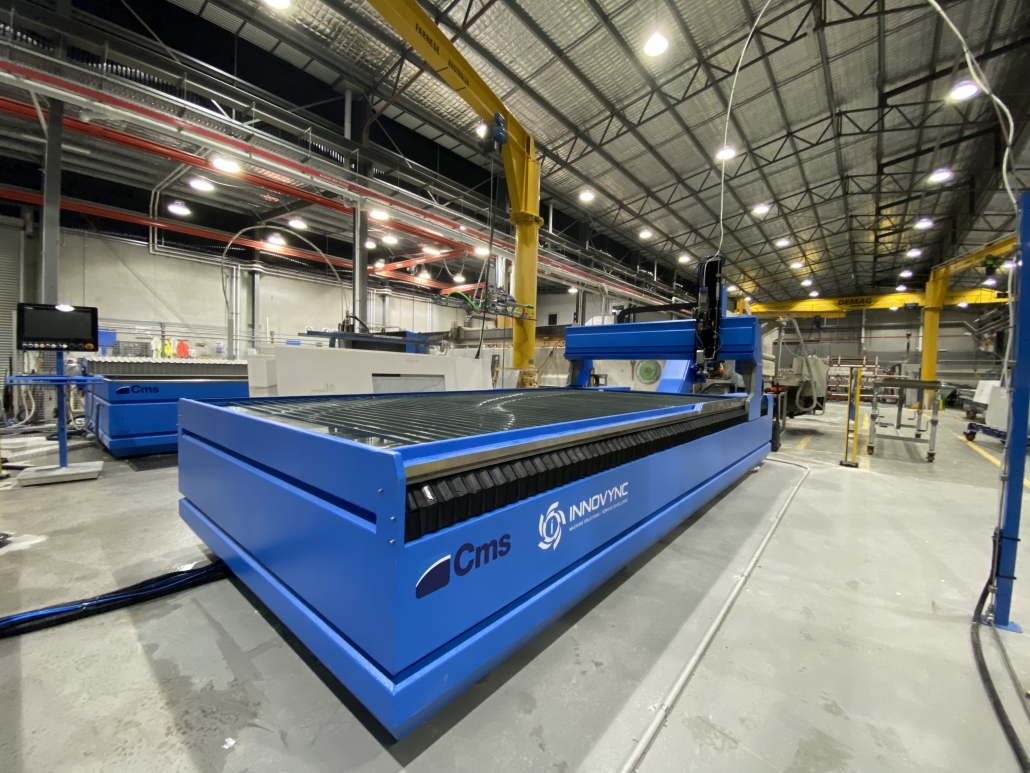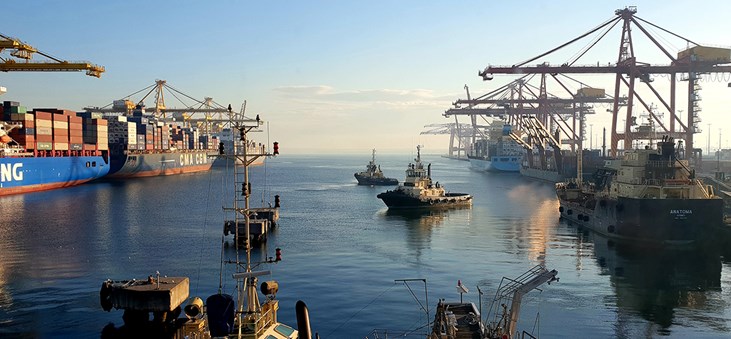Do Australia’s Engineered Stone Imports Deserve To Be Banned?
Following increasing cases of Silicosis in stonemasons, a National Taskforce is now looking to tackle the issue head-on. The worst case scenario for the stone industry is a proposed ban on high-risk products by 2023. Decision-makers have announced that should other measures, including tougher enforcement of safe processing practices (e.g. wet-cutting) and implementing a licensing system fail, a blockage on all synthetic products coming to the country will be considered. It’s essentially a call to all stonemasons to adopt safe practices and care for the health of their workers or risk losing revenue.
With less than two years to go until the projected ban, there’s still time to change things around. Will you let the red tape impact your business, or use the news as a wake-up call to improve safety in the shop?
Benchtop production doesn’t have to be dangerous.
Benchtop production doesn’t have to be dangerous
Benchtop production is one of the most common uses of composites like Caesarstone, Dekton and other material. But, while synthetic materials contain high amounts of silica, they aren’t the only resources to do so. Natural alternatives, such as granite, also have SiO2 (silica) content. If the proposed ban were to go through, businesses would be forced to go back to making benchtops using these classic counterparts. Naturally, there’s no guarantee that the swap would solve the underlying problem.
“If you ban Caesarstone, the guys are still going to get silicosis from granite or quartzite, which has a silica content of 60%”, says Daniel Zovko, co-founder and Director of Pacific Stone.
The ACT factory has heeded the call to improve the health and safety of their workers and ensure that their employees have little chance of suffering from the disease. They’ve even gone to the extent of customising our stone machinery to ensure that dust shows up on the CNCs, which are then meticulously cleaned. And that’s just the beginning of their dedication to safety. As we shared in a feature for Supplier Magazine, Daniel and his team have gone above and beyond to make working conditions as safe as possible – giving authorities little reason to go ahead with their proposal.
“It costs us $800 per staff member, but that’s a small cost. It’s better to spend $30,000 on preventative health checks than getting a product banned. It’s a joke,” says the Director.
What you can do to discourage the decision.
What you can do to discourage the decision

Waterjets like the CMS Smartline defend against silicosis by allowing operators to work remotely.
Pacific Stone’s CMS Smartline is painted blue to easily detect silica dust from engineered and natural stone.
One of the biggest issues that decision-makers face is a lack of on-the-ground insight. When the regulators don’t know what’s working, it’s worth looking to industry leaders who have gone through trial and error to reach results.
In Australia, Zovko and his team have gone the furthest. Holding two blue CMS waterjets and a machining centre in their factory, the Easyline, Smartline and TR work away while employees keep their distance. Thanks to remote CNC control, operators can watch the process from a distance, drastically reducing the risk of breathing in crystalline particles, which are largely washed away by a stream of water.
Additionally, ventilation, power respirators, and medical checks are all worthwhile measures to add into any practice. Not to mention keeping facilities clean, tidy, and safe. These practices might be extras to the overall workday – but they’re worth it. When health and business are on the line, it pays to pour resources into prevention.
If nothing else, the looming ban is an incentive to implement a better way to work. Take steps towards setting your wokshop up with the right equipment, and you won’t give authorities any reason to block your business from accessing sought-after materials, engineered or otherwise.



